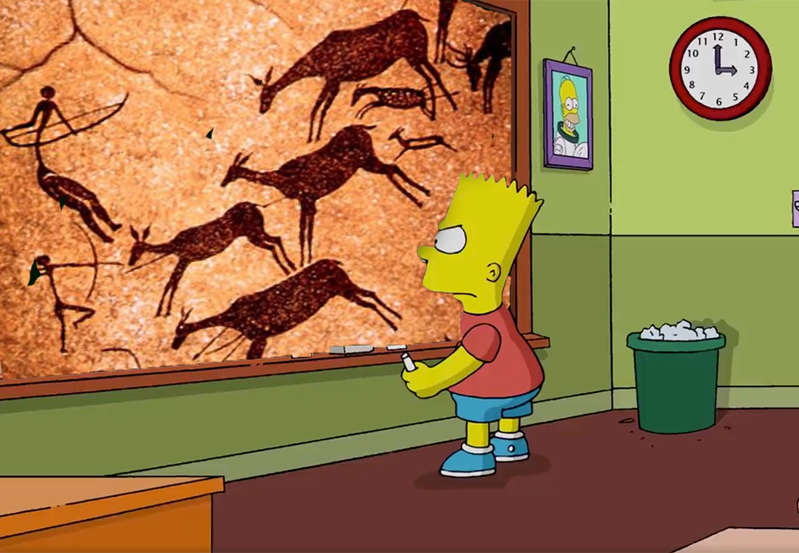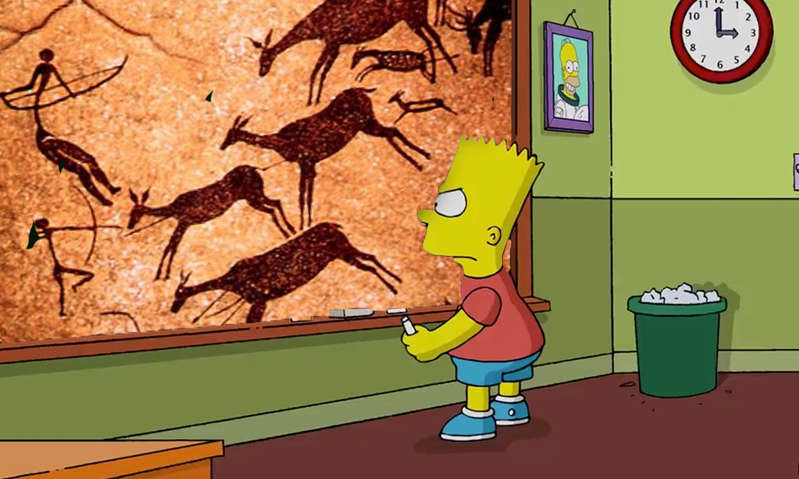The main thing is to remember it, and then everything will go like clockwork!
According to a study published in the medical journal Current Directions in Psychological Science, a technique called the “sketching effect” helps to quickly remember information and, importantly, later resurrect it at the right time.

The essence of the effect is that if you draw what you need to remember, the information is better stored in memory than if you try to visualize or write down the same information.
Scientists at the University of Waterloo conducted an experiment where they asked participants to read a list of 30 words aloud in a set order to test their memory. And then they repeated the same experiment, asking first to sketch the elements. As a result, in the second case, all participants in the experiment performed better.
Study leader Mira Fernandez said that the way information needs to be written down (previously considered the best) has been shown to be ineffective. “Drawing pictures with information is a feasible and much more effective strategy,” the researcher said.
And this applies not only to words that are easy to imagine, but also to abstract concepts. In the second part of the study, participants were given 60 seconds to draw the words “spore” or “isotope.” The result was the same as in the first case: drawing helped to remember the words better.
The researchers believe the drawing “encourages the seamless integration of complex, motor and graphic memory components.” To turn a word into a picture, you need to clarify its semantic meaning, then use the part of the brain that is responsible for motor skills and visually evaluate the result.
The researchers also set up a similar experience in a nursing home with patients suffering from dementia. And even there the experience showed an optimal result, as in the case of the students.
So now you know what to do so that you don't forget to buy flowers again for the anniversary of your first kiss with your wife. Just picture all the words she called you last time!
Read also: “How to remember any road the first time.”
The article uses materials from Current Directions in Psychological Science
Related materials:

